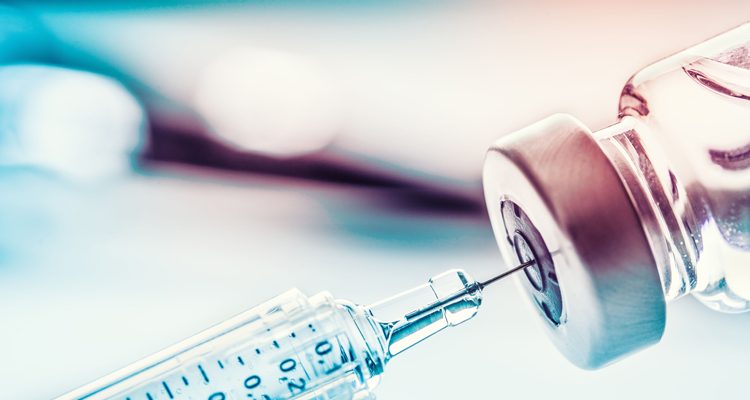Bio/pharma industry strives to solve shortage of viral vector used in many COVID-19 vaccines: GlobalData
Viral vector production is limited by insufficient manufacturing capacity, an inefficient manufacturing process, and the requirement for complex specialist facilities
The bio/pharmaceutical industry is experiencing a shortage of viral vectors, a component needed to produce gene therapies and gene-modified cell therapies, as well as certain COVID-19 vaccines that require a viral vector, notably those from AstraZeneca and Johnson & Johnson (J&J), says GlobalData.
GlobalData’s report, ‘The Outlook for Viral Vector Contract Manufacturing: Gene Therapies, Cell Therapies, and COVID-19 Vaccines’, reveals that viral vector production is limited by insufficient manufacturing capacity, an inefficient manufacturing process, and the requirement for complex specialist facilities.
There are 14 therapies/vaccines that use a viral vector (gene therapies, gene-modified cell therapies, and recombinant vector vaccines) marketed in the EU, Japan, US, and/or UK (post-Brexit).
Fiona Barry, Associate Editor of GlobalData PharmSource, comments, “We predict that this number will soar in the near future. We anticipate that over 100 more gene therapies and gene-modified cell therapies will be approved over approximately the next six years. These therapies will all need viral vectors and will exacerbate the manufacturing shortage. A second and more immediate stress on the viral vector supply chain is their use in some COVID-19 vaccines, specifically recombinant vector vaccines. AstraZeneca’s and Johnson & Johnson’s vaccines, as well as some COVID-19 vaccines in use in Russia and China, are of this molecule type.”
Barry continues, “The pharma industry is working to solve this shortage through scaling up facilities and developing more efficient processes. Top contract manufacturing organisations are investing in more sites, and the industry is working on increasing the efficiency of viral vector production by improving upstream and downstream processes.”
Although these were not the first COVID-19 vaccines to reach the public—mRNA vaccines made by Pfizer/BioNTech and Moderna were first to be administered in North America and Europe under Emergency Use Authorizations (EUAs) or equivalent temporary authorizations—there is a significant need for other vaccine types too. Governments have in aggregate placed orders of approximately 900 million doses for AstraZeneca’s and J&J’s COVID-19 vaccines.
On top of the already approved drugs, there are more than 3,000 gene therapies, gene-modified cell therapies, and recombinant vector vaccines in the development pipeline.
Pipeline Gene Therapies, Gene-Modified Cell Therapies, and Recombinant Vector Vaccines

Barry adds, “Regulatory changes would also ease the viral vector bottleneck. If agencies approve standardised viral platforms that could be used interchangeably by therapy developers, this would speed up development, approval, and technology transfer to CMOs.”
- Advertisement -



Sir I like your blog very much. And your every post is very knowledge full. From which I get to learn a lot. I keep reading your blog often.
Sir I am also a blogger.Sir I have just started blogging. And I need help from blogger like you. Sir please help me. Sir please give me a backlink